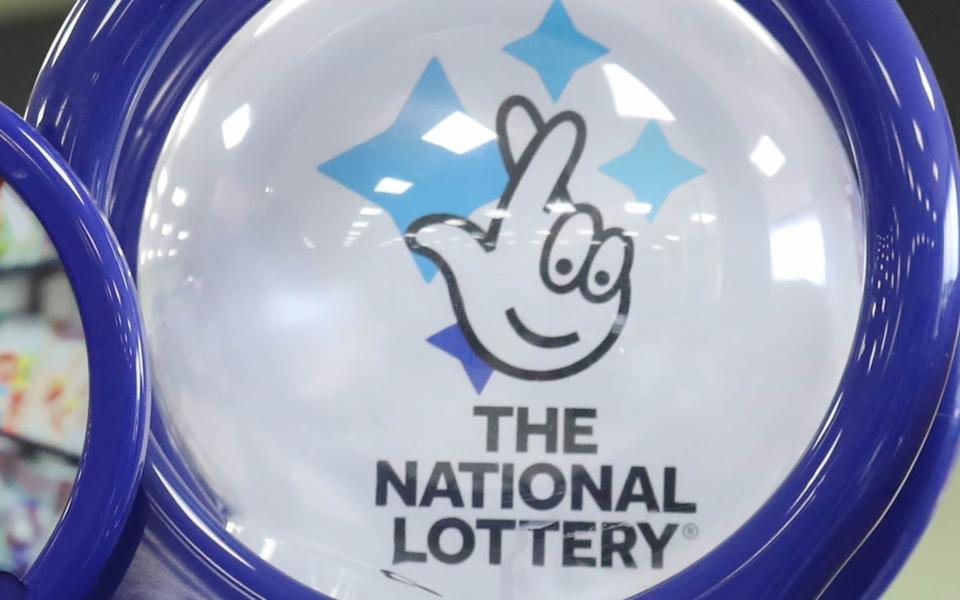Camelot loses legal battle to keep hold of National Lottery

Camelot’s hopes of running the National Lottery for the next decade have been all but completely extinguished after a High Court judge ruled that control of the draw can be passed to new operator Allwyn Entertainment.
Mrs Justice O'Farrell today said that the Gambling Commission can sign a contract with Allwyn, the gambling empire owned by billionaire Karel Komarek, following a legal challenge.
The decision will mark an end to Camelot’s three decades running the National Lottery in 2024.
Camelot is now expected to pursue a claim for an estimated £500m in damages as it argues the regulator made a mistake in its decision to award the contract to Allwyn.
A trial has been scheduled for October to hear Camelot’s claim. A ruling in Camelot's favour here could still open the door for a political row over the regulator's decision, however.
The Gambling Commission said in a statement: "We made clear that disrupting the implementation of Allwyn’s plans would present potentially severe consequences for the National Lottery and good causes. It also risked the National Lottery not operating to its full potential at the start of the fourth licence.
"We will also now be preparing for trial of the various claims. We remain resolute that we have run a fair and robust competition, and that our evaluation has been carried out fairly and lawfully in accordance with our statutory duties.
"We have taken every step possible to ensure a level playing field for all interested parties, to enable us to appoint a licensee who will engage and protect players, run the National Lottery with integrity and ensure the National Lottery maximises support for good causes and its contribution to society through further innovation and investment."
The Commission earlier this year selected Mr Komarek’s company as “preferred bidder”.
Allwyn itself appeared to have assumed it had lost the years-long auction as it filed a pre-emptive legal challenge in the days running up to the regulator’s announcement.
A 10-year licence to run the National Lottery is the UK’s biggest public sector contract. It is expected to generate between £80bn and £100bn in ticket sales.
Allwyn prevailed after promising the Gambling Commission it would raise significantly more than Camelot for good causes such as funding for Olympians and Paralympians.
Lawyers for the regulator argued that if the judge failed to give it clearance to sign a contract with Allwyn, the National Lottery draw would be put in jeopardy and risked being suspended for the first time.
Allwyn will formally take over from Camelot in February 2024. But given the size and complexities of the contract the Czech operator needs a significant amount of preparation time.
Yesterday, Camelot announced that the amount of money raised for good causes hit highs last hit during the London Olympics.
Funds generated rose by £24m to £1.9bn in the year to March 2022.
But overall sales fell to £8.1bn. Nigel Railton, chief executive, said: “They fell by about 3pc, predominantly actually driven by scratch cards.”
People are also changing their spending habits on the main National Lottery draw.
“We have regular players at play every week. We have occasional players that play every couple of weeks, and have infrequents that come in maybe once a month when jackpots get certain levels.
“We are starting to see, potentially, regular plays becoming more occasional as a search for more value in jackpots. They will only play Euromillions when it is over £100m.
“[Customers are] choosing when to spend, as opposed to not being a lottery player.”

 Yahoo Finance
Yahoo Finance 